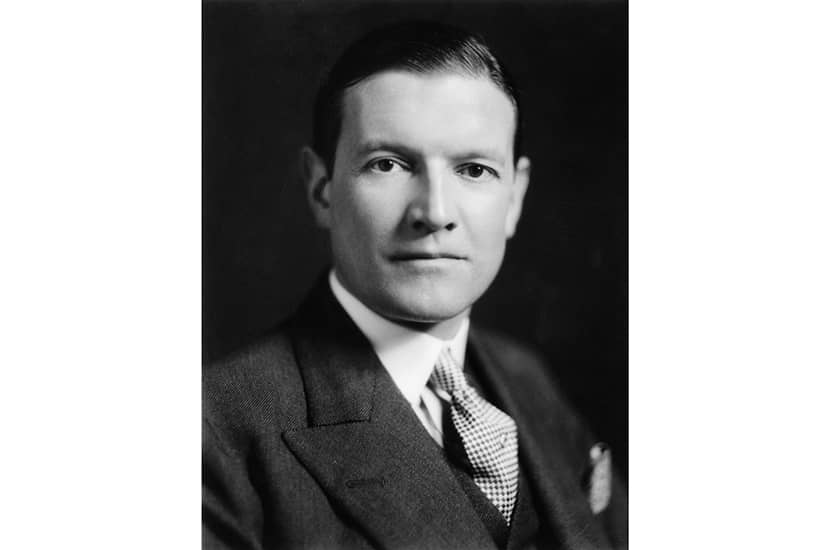It is often said that the best political diaries are written by those who dwell in the foothills of power. Henry Channon’s political career peaked at parliamentary private secretary to the deputy foreign secretary Rab Butler, so he was well-placed to document, and sometimes actively to participate in, the intrigues of those who inhabited the Olympian heights.
Channon’s other great advantage was that he entertained — on an awesome scale. Scarcely an evening passed when he was not either hosting or attending a party in one of the capital’s grand salons: ‘All London,’ as he put it — by which he meant the great and the fashionable — flowed through his drawing room. As we saw in the earlier volume published this year, the King comes to dinner on the eve of the abdication crisis. Although, having backed the losing side during the abdication, Channon is now out of favour with the royals, he still has friends at court. His next-door neighbours are the Duke and Duchess of Kent. This was an age in which the country was still ruled by toffs. Just about everyone Channon knows seems to have aristocratic connections. The voluminous footnotes are a veritable Debrett’s.
Despite his undoubted charm and natural talent for social climbing, the key to his extraordinary lifestyle was his marriage. In 1935 Channon, by birth an American, had married into one of the country’s richest families. His wife, Honor Guinness, was the daughter of the Earl of Iveagh. She came with a considerable dowry. Her parents set the couple up in a grand London residence, 5 Belgrave Square, and a country house, Kelvedon Hall, in Essex. They also largely funded their opulent lifestyle. Even after Honor left (she ran off first with a ski instructor and later with a rough fellow whom Channon describes as a ‘horse coper’), the Iveaghs continued to pay his bills.







Comments
Join the debate for just £1 a month
Be part of the conversation with other Spectator readers by getting your first three months for £3.
UNLOCK ACCESS Just £1 a monthAlready a subscriber? Log in